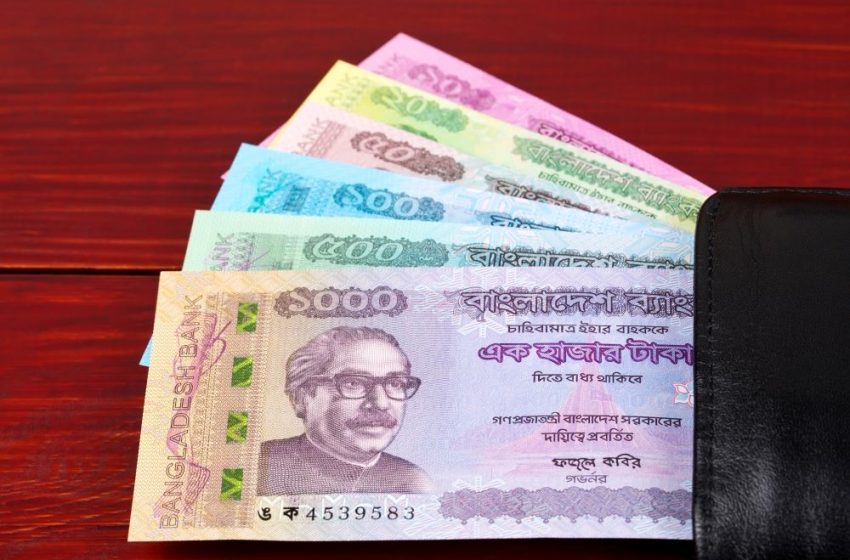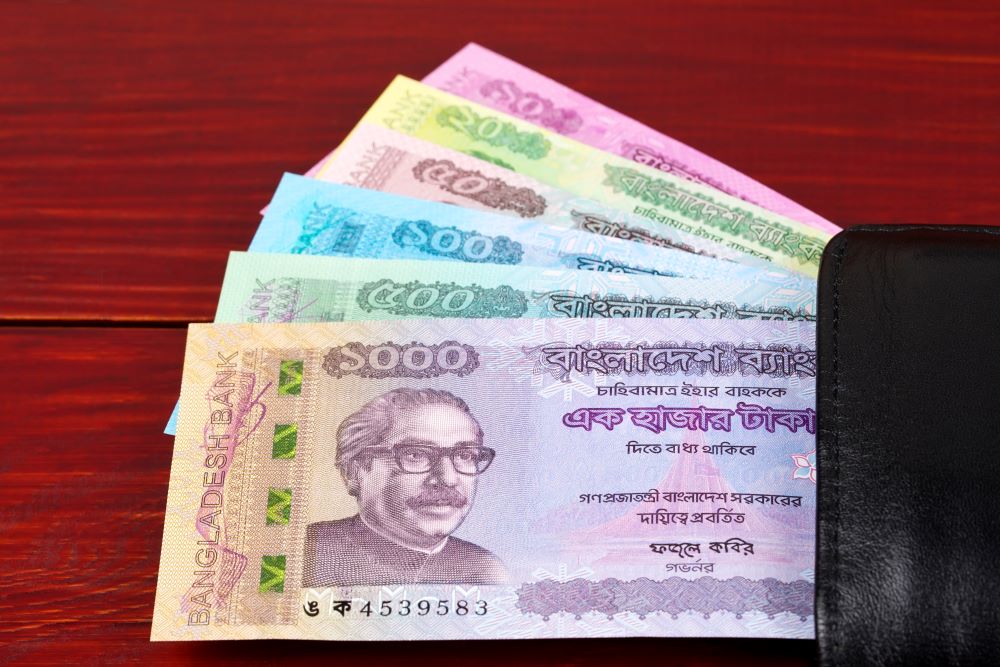Shopkeepers who sell nicotine products, including vaping products and traditional cigarettes, will have to get a license, without which they will face penalties of TK50,000 ($418). The products will also be prohibited from being sold within 100 meters of schools, hospitals, clinics, sports venues and playgrounds.
The country considered the same ban last year.
A fine of Tk5,000 will be imposed on anyone selling vapes or loose combustible cigarettes. Currently, the fine for smoking or using tobacco products in public places is Tk300, but the draft ordinance proposes to increase this to Tk1,000.
With these provisions in it, the draft “Smoking and Tobacco Products Usage (Control) Ordinance, 2024” is expected to be presented for approval during the Advisory Council meeting on Thursday (Oct. 24), sources familiar with the matter told TBS.
According to the draft ordinance, seen by TBS, tobacco products, including cigarettes, cannot be sold at mobile shops or by hawkers. Additionally, no sweeteners, spices, flavors, or colors will be permitted to be used in nicotine products.
Violations of this law may result in monetary fines as well as imprisonment for varying durations, with penalties doubling for repeat offences.
The government first enacted the Smoking and Tobacco Products Usage (Control) Act in Bangladesh in 2005, with one amendment made in 2013. In 2020, the previous government initiated a revision of the Act to strengthen regulations on the use of tobacco and tobacco products.
In June 2022, the Ministry of Health published a revised draft of the law on its website for stakeholder feedback, which is now being presented to the Advisory Council as a draft ordinance.














